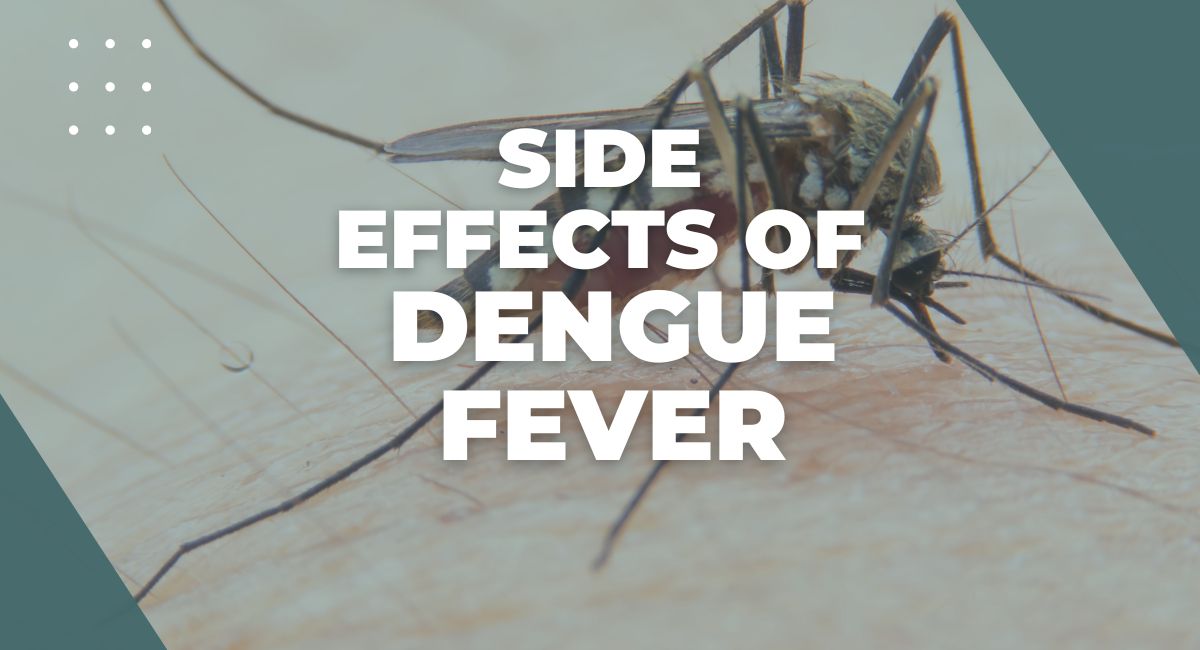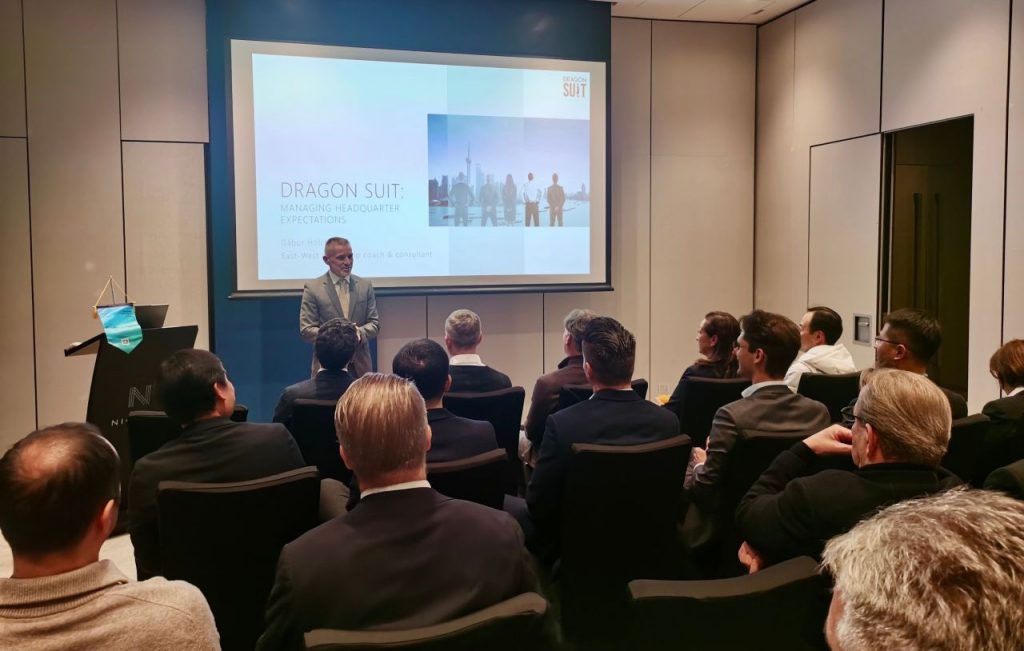There is a long-term side effects of dengue fever on human body. The infection of dengue is more common among kids under the age of 5. However, dengue is even more susceptible in the tropical and subtropical areas of urban cities. Due to the increase in gutter lines, ignorance of savage water treatment, and many other factors.
Dengue fever is a viral infection caused by the dengue virus. Furthermore, it is primarily transmitted through the bite of infected female Aedes mosquitoes. Most people infected with the dengue virus experience mild symptoms or no symptoms at all.
However, in some cases, dengue can lead to more severe health effects, especially if it progresses to dengue hemorrhagic fever (DHF) or dengue shock syndrome (DSS).
Here are the 5 potential health side effects of dengue

- Mild Dengue Fever
- Dengue Hemorrhagic Fever (DHF)
- Dengue Shock Syndrome (DSS)
- Long-Term Effects
- Increase Risk of Severe Dengue
Side effects of dengue
1. Mild Dengue Fever
The majority of dengue cases present as mild dengue fever, which is characterized by many symptoms.
- If you are having a high fever.
- Experiencing severe headaches.
- Sometimes feeling pain behind the eyes.
- You may experience joint and muscle pain
- Sometimes fatigue, nausea, vomiting, and a skin rash.
There is a serious infection risk here. However, these symptoms usually resolve within a week if you take the proper course of action.
2. Dengue Hemorrhagic Fever (DHF)
In some cases, dengue can progress to DHF, which is a severe and potentially life-threatening form of the disease.
DHF symptoms may include all of the above mild dengue symptoms.
- Bleeding from the nose or gums, easy bruising, a tendency to bruise easily.
- Presence of petechiae (small red or purple spots on the skin).
- DHF can lead to organ damage and failure and requires immediate medical attention.
3. Dengue Shock Syndrome (DSS)
DSS is the most severe form of dengue and can be fatal. It is characterized by symptoms similar to DHF, along with signs of shock.
- Sudden drop in blood pressure.
- A rapid and weak pulse, cold and clammy skin, and restlessness.
DSS requires immediate medical attention and intensive care management.
4. Long-Term Effects
In some cases, individuals who have had dengue may experience lingering symptoms, such as fatigue and weakness, for several weeks or even months after the acute phase of the infection.
5. Increased Risk of Severe Dengue
If a person has been infected with one serotype of the dengue virus, they may become more susceptible to severe dengue if infected with a different serotype in the future. This phenomenon is known as antibody-dependent enhancement (ADE).
Dengue can affect people of all ages, and severe cases are more common in infants, young children, and the elderly. If you suspect you have dengue or experience any of the symptoms associated with severe dengue, seek immediate medical attention.
Early detection and proper medical management can significantly improve outcomes for those with severe dengue.


















